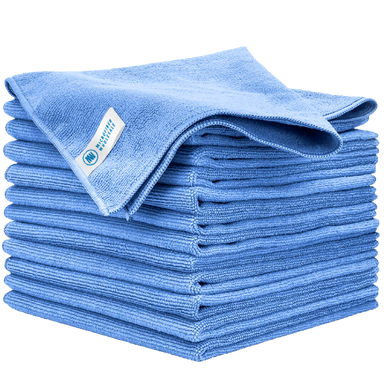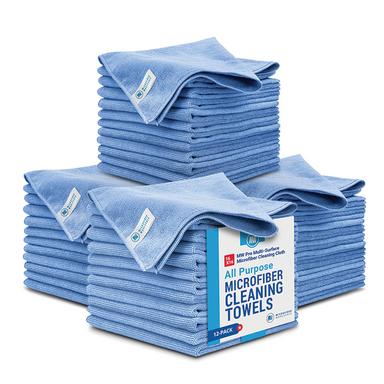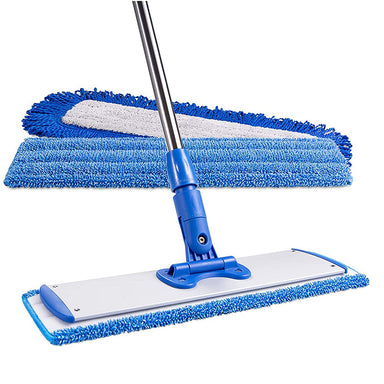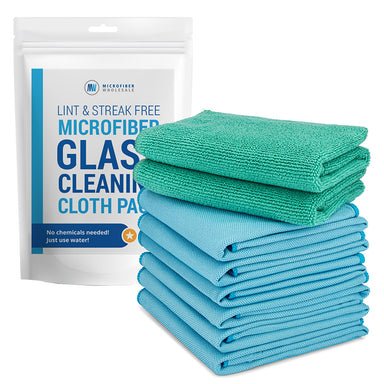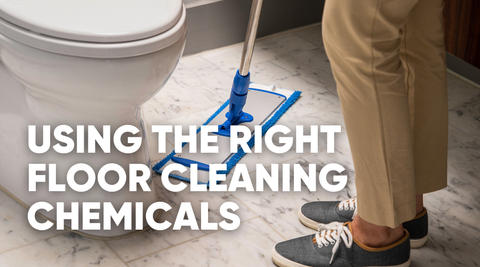Choosing Your Cleaning Supplies
As a professional house cleaner, there are literally thousands of mops, brushes, brooms, vacuum cleaners, and soaps you could choose from to clean your customers' hard floors, so where do you even begin?!
Scrolling endlessly through all the floor soaps and mops on Amazon might send your brain spinning. But fear not, as we’re going to show you the key to cutting down these infinite options into a short go-to list of the supplies you need to clean any home. The trick is the process of elimination!
If you are cleaning homes professionally, most consumers expect you to bring all of your own cleaning supplies. So you have to be very minimalist about your supply selection, lest you laden your cleaners like pack mules.
In residential cleaning, there is no room for bulky one trick wonders, as every tool and soap has to address multiple surfaces to keep the weight and volume down. This restriction crosses off tons of tools and chemicals that are overly specialized for only specific types of flooring.
In most modern homes, open floor layouts cause different types of flooring to abut one another on multiple sides. So products that are safe for only one type of floor, but dangerous for others, are an immediate one way ticket to the damage zone!
No matter how skilled a mopper you think you are, Murphy’s Law says the likelihood of splashing over the line onto the delicate flooring is directly proportional to cost to repair it!
Even in old fashion homes without abutting floors, it is all too easy to absentmindedly grab the wrong floor cleaner from your kit in a rush. So it’s best to avoid bringing any products that are dangerous for any common floor types to routine cleanings.
Trying to eliminate extraneous supplies and products that damage delicate floors means you’re left with picking products that are safe for fussy flooring but robust enough to still clean everything else reasonably well. Using delicate flooring products for everything will allow your crew to clean every floor without worrying about if the products are safe or wasting time trying to avoid edges of abutting floors as they work.
You may keep a stash of more dangerous specialty tools and chemicals for restoring especially dirty flooring, but it’s best to pack those products in special kits and hand them out only as needed, so staff have less opportunities to accidentally make costly mistakes.












